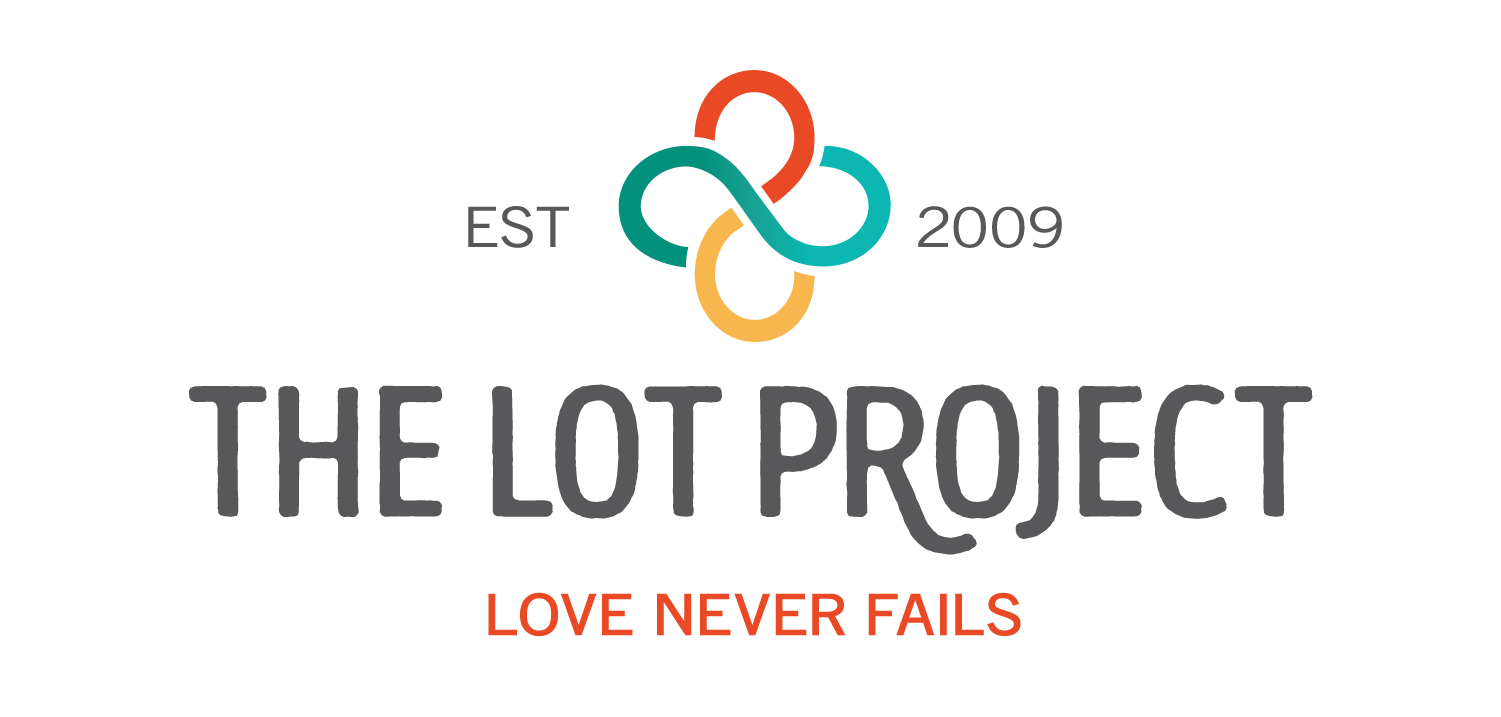The Responsibility of Love
“When you give a luncheon or a dinner, do not invite your friends or your brothers or your relatives or rich neighbors, otherwise they may also invite you in return and that will be your repayment. But when you give a reception, invite the poor, the crippled, the lame, the blind, and you will be blessed, since they do not have the means to repay you; for you will be repaid at the resurrection of the righteous.”
Would you still serve someone who is homeless, jobless or addicted if they never changed and were never able to repay you?
God has asked me this question over the last ten years. In volunteering and working at The LOT Project, I have come face to face with the pressure that because I am in this field of work, I’m responsible to change them, but that load doesn’t belong to me.
When I read Jesus’ words in Luke 14, I’m not challenged by who he says to invite into my home; I am challenged by the statement, “They do not have the means to repay you.” It’s enjoyable doing life with friends and family who can give in return. Within a community there is joyful dedication and mutual connection to be a blessing to one another, to grow together and share all that we have. There is nothing better than to surprise a friend with a gift you knew they would love, or when you receive special encouragement in the mail.
However, when I interact with Joe who sleeps under the bridge, hasn’t showered in days and chooses cycles of addiction, I get frustrated when I give to him but he doesn’t show any signs of change. When I give food or clothing, I subconsciously expect Joe to feel better about himself and find a job so he doesn’t need our services. But Joe comes back week after week for another plate of food and another pair of shoes.
In this passage, I believe Jesus is communicating two things about relationships. First, he gives me permission to let me and Joe be ourselves. I’m not saying that I should be okay with Joe’s situation, but Jesus wants me to feel the tension and reality that things aren’t okay and not feel responsible for making the awkwardness and horror of Joe’s situation disappear. I get to soak it up and know Joe without requiring anything from him. A friend once encouraged me not to run away from that uncomfortableness but to see how God feels in our human brokenness. It’s when I detach myself from God’s ability to abide with us in the middle of our mess, that the pressure builds, and I begin to feel hopeless because Joe isn’t changing like I wanted.
Secondly, Jesus redefines how relationships were designed to operate. In my flesh apart from God, I crave a balance of energy and effort. If I give Joe $100, then I expect him to give me something of $100 value in return. Love is a completely different way of living. Love isn’t a scale that can be balanced or imbalanced because it freely gives and requires nothing in return. Paul even shares his grappling with this scale to the church of Corinth, “If I give away all I have to the needy, and if I offer my body as a sacrifice, but have no love, I gain nothing.” It’s crazy to think that sacrifice and service might not be love. God could have dumped on us blessings from heaven and sent Jesus to die for us, but if he hadn’t come to abide with us, to know and understand us face to face in love, we would still be trying to repay him. With God there is no manipulation or selfish agenda. He calls us righteous because that is who we are. He loves us because that is who he is.
As I continue to serve men and women like Joe, I am learning how to see and declare their righteousness. The only responsibility that is required of me is love. Any time I serve, I am making a powerful choice— giving not because someone is in need but because I want to know them, to see them as my equal because in the eyes of God, we are.
